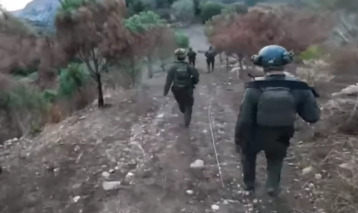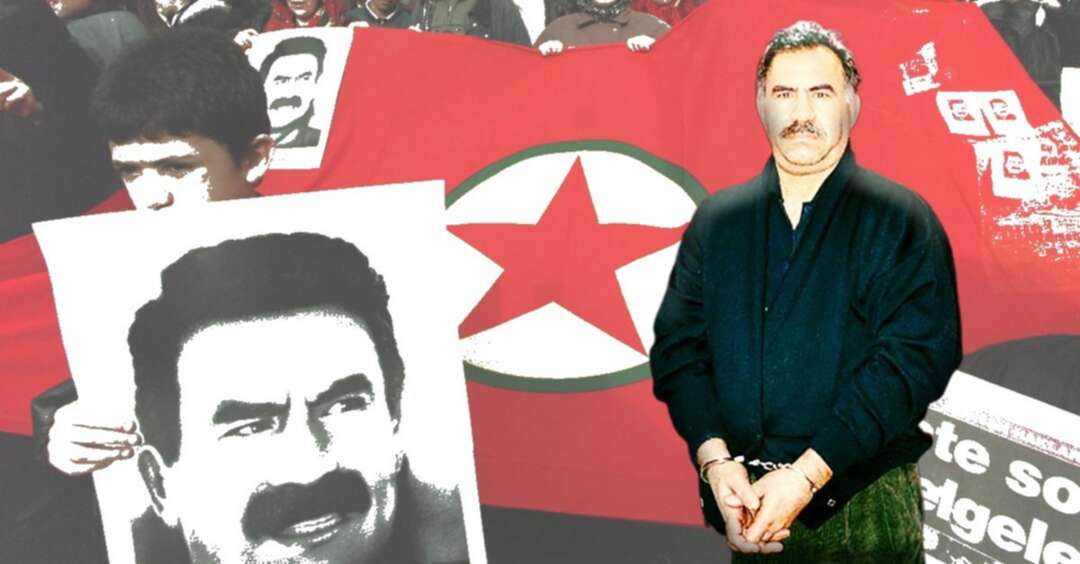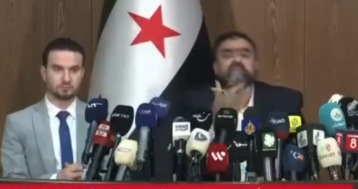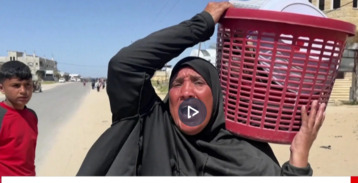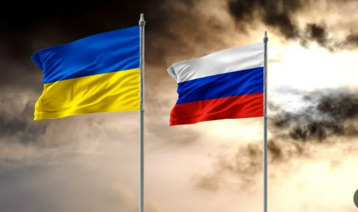-
By Strangling Exports and Diplomatic Isolation.. Trump May Retaliate Against Iran's Assassination Attempts
-
Statements by former Trump administration officials reflect a hardline vision toward Iran aimed at diplomatically isolating and economically weakening it
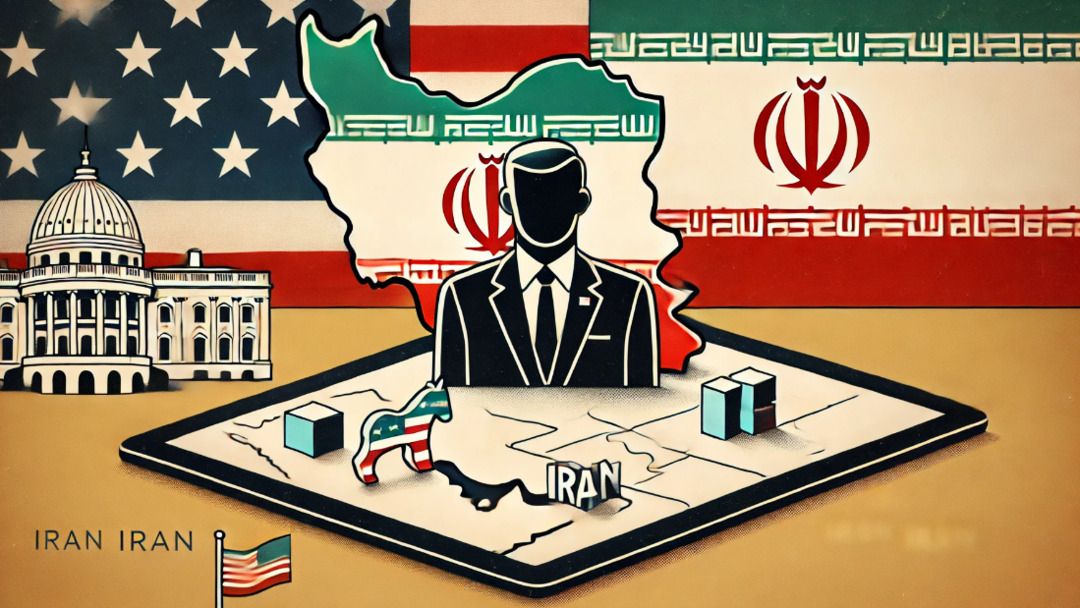
Attention turns to a potential escalation in U.S. policy toward Iran, as President-elect Donald Trump prepares to resume "maximum sanctions" policy upon taking office next January, especially after accusations of Tehran's involvement in a plot to assassinate him.
Mick Mulroy, former Pentagon Middle East affairs official, cited in Wall Street Journal statements the personal nature of responses to assassination attempts, expecting a hardline approach from Trump toward the Iranians.
Sources close to Trump's advisers highlighted the new team's determination to move quickly to restrict Iranian oil sales, targeting foreign ports and intermediaries dealing with Tehran.
Former U.S. energy official Robert McNally predicted imposing bans on Chinese ports receiving Iranian oil, and possibly punishing Iraqi officials supporting pro-Iran militias, estimating Chinese purchases would decrease by at least 500,000 barrels daily.
A former White House official stated his expectation of escalating sanctions, pointing to Iran's current weak position and considering it an opportune time for pressure.
Brian Hook, former U.S. Special Representative for Iran, told CNN two days ago about Trump's commitment to "diplomatically isolate Tehran and weaken it economically so it cannot finance all the violence" linked to Hamas, Hezbollah, Houthis, and other regional proxies.
Notably, Trump had withdrawn from the nuclear deal in 2018 and imposed a comprehensive ban on Iranian oil exports in 2019, causing shipments to decline to 250,000 barrels daily in early 2020, before recovering to reach their highest levels in six years during September 2024.
Levant-Agencies
You May Also Like
Popular Posts
Caricature
BENEFIT Sponsors BuildHer...
- April 23, 2025
BENEFIT, the Kingdom’s innovator and leading company in Fintech and electronic financial transactions service, has sponsored the BuildHer CityHack 2025 Hackathon, a two-day event spearheaded by the College of Engineering and Technology at the Royal University for Women (RUW).
Aimed at secondary school students, the event brought together a distinguished group of academic professionals and technology experts to mentor and inspire young participants.
More than 100 high school students from across the Kingdom of Bahrain took part in the hackathon, which featured an intensive programme of training workshops and hands-on sessions. These activities were tailored to enhance participants’ critical thinking, collaborative problem-solving, and team-building capabilities, while also encouraging the development of practical and sustainable solutions to contemporary challenges using modern technological tools.
BENEFIT’s Chief Executive Mr. Abdulwahed AlJanahi, commented: “Our support for this educational hackathon reflects our long-term strategic vision to nurture the talents of emerging national youth and empower the next generation of accomplished female leaders in technology. By fostering creativity and innovation, we aim to contribute meaningfully to Bahrain’s comprehensive development goals and align with the aspirations outlined in the Kingdom’s Vision 2030—an ambition in which BENEFIT plays a central role.”
Professor Riyadh Yousif Hamzah, President of the Royal University for Women, commented: “This initiative reflects our commitment to advancing women in STEM fields. We're cultivating a generation of creative, solution-driven female leaders who will drive national development. Our partnership with BENEFIT exemplifies the powerful synergy between academia and private sector in supporting educational innovation.”
Hanan Abdulla Hasan, Senior Manager, PR & Communication at BENEFIT, said: “We are honoured to collaborate with RUW in supporting this remarkable technology-focused event. It highlights our commitment to social responsibility, and our ongoing efforts to enhance the digital and innovation capabilities of young Bahraini women and foster their ability to harness technological tools in the service of a smarter, more sustainable future.”
For his part, Dr. Humam ElAgha, Acting Dean of the College of Engineering and Technology at the University, said: “BuildHer CityHack 2025 embodies our hands-on approach to education. By tackling real-world problems through creative thinking and sustainable solutions, we're preparing women to thrive in the knowledge economy – a cornerstone of the University's vision.”
opinion
Report
ads
Newsletter
Subscribe to our mailing list to get the new updates!

